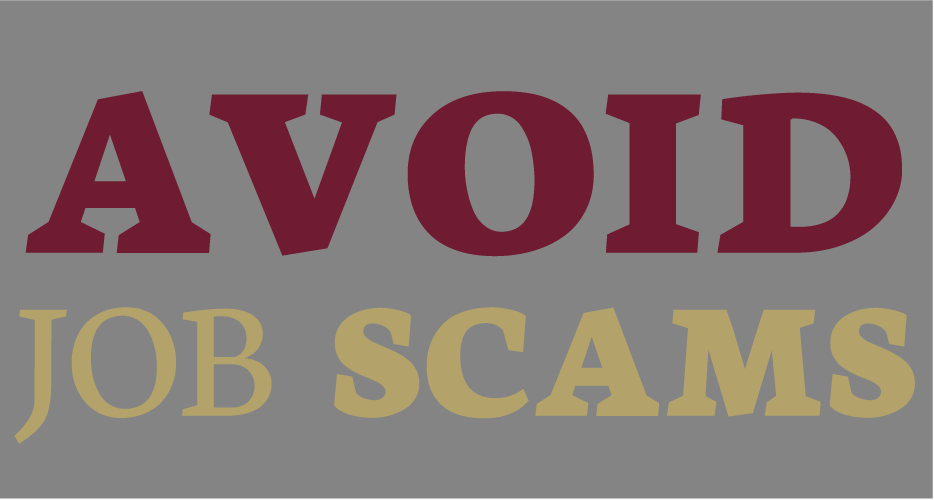There are many resources for finding job opportunities. Networking or talking to others about your interests and qualifications is by far the best method for learning about and securing employment.
1. Networking
Utilize all your contacts by informing them of your career goals and interests, as well as by reminding them of your skills and experience. Contact everyone: past teachers, family, friends, faculty, supervisors, and classmates. Interact face-to-face, over the phone or through social media. Click here for a Guide to Networking.
Monitor how you present yourself digitally; clean up all your photos, postings and online profiles to reflect a professional image. To create a professional networking profile on LinkedIn please visit: Building a Great Student Profile.
2. Handshake
Handshake is the primary online resource for preparing and connecting students and alumni with employers. In addition to accessing job and internship postings, students can find employer profiles, career resources, and information about CDC job fairs, events, and workshops. Click here to log in.
3. Internship & Job Fairs
The CDC hosts three annual fairs for students and alumni to learn about full-time, part-time and seasonal positions as well as internship opportunities. This is your chance to shake hands, introduce yourself and converse with employers. Click here for more information on upcoming Fairs.
4. Job Websites and Posting Boards
There are many great websites containing valuable information on conducting your job search. Many of these sites will require you to register. It is essential that you maintain your account and keep the information and your resume up-to-date. Click here for a list of job search resources.
5. Employer Websites
If you know where you want to work, review the employer's website, particularly the Careers or Employment page to determine if the organization has open positions. If not, consider contacting the human resources department or hiring manager to inquire about staffing needs. Be sure to communicate your skills and how you can contribute to their organization. Click here for a sample letter of inquiry.
6. Professional Association Websites
Professional organizations bring people with industry experience and interest together. Many professional associations also maintain their own job posting board. Look for links such as Job Opportunities, Position Announcements or Job Board. Click here for a list of professional associations by discipline or industry.
7. Targeted Job Searches
Chamber of Commerce Sites are a great way to learn more about employers in a particular geographic area that relates to your career interests. While all chamber of commerce sites differ in their layout, look for a Membership Directory or Business Directory, then search by business type or category to identify employers in your field of interest. Perform an online search for Chamber sites near you.
8. Social Media
Many employers use social media sites such as LinkedIn, Twitter and YouTube to promote their organization and connect with potential candidates. Click here for more information on using social media in your job search.
9. Employment/Staffing Agencies
Some employers hire employment or staffing agencies to identify and screen potential candidates for both temporary and permanent positions. This can be a great way to get your foot in the door at a particular organization or within a particular field. Agencies generally work for employers and are paid a fee for their services. It is important to read and fully understand any agency contract before you sign it, making sure that you are not responsible for any fees. Click here for a list of staffing agencies in your area.







